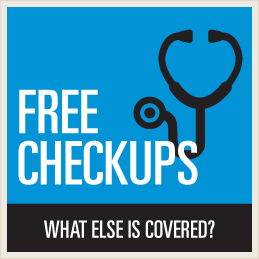We’re Not Blowing Smoke: E-cigs Pose a Risk to Your Health
May 27, 2014 Leave a comment

Are electronic cigarettes good or bad? That’s a big question raging among health experts. But the answer is not so simple because nobody knows for sure.
And therein lays a major risk.
E-cigarettes differ from typical cigarettes in that they use electronically heated liquid nicotine that is inhaled as vapor, in contrast to the burning of tobacco to produce smoke for inhalation.
Some believe that the burning of tobacco and other substances is the culprit that makes cigarettes dangerous and that nicotine is relatively harmless.
But the fact is we still do not know enough about E-cigarettes to make conclusions.
Here’s what we do know:
- Formaldehyde and other carcinogens were produced in e-cigarette vapor from certain devices in a recent study
- A report in Aug. 2013 of a French study found that 3 of 10 e-cigarettes contained carcinogens at a similar level to conventional cigarettes
- Their liquid is toxic and caused 215 e-cigarette-related calls to U.S. poison centers in Feb. 2014, 51% included children 5 years of age and younger
While some point to E-cigarettes as a way to kick the smoking habit, there are plenty of other proven methods to do this. For most individual and family plans, Premera offers our members these cessation benefits:
- Tobacco use screening and consultation with an in-network doctor
- Approved tobacco use cessation programs recommended by a physician. After completing the program, members provide us with proof of payment and a completed reimbursement form, which can be found on premera.com in the Member Services area.
- Coverage through a pharmacy benefit of approved tobacco cessation drugs and treatments, prescribed by an in-network physician. These may include popular medications such as: Bupropion, Chantix, NRT (nicotine replacement therapy) nasal spray, or NRT inhaler.
While the argument rages about whether or not e-cigarettes are better than normal cigarettes, one fact remains: we simply don’t know. And that’s a big risk.
Have tips to quit? Comment below, on Facebook or on Twitter!








